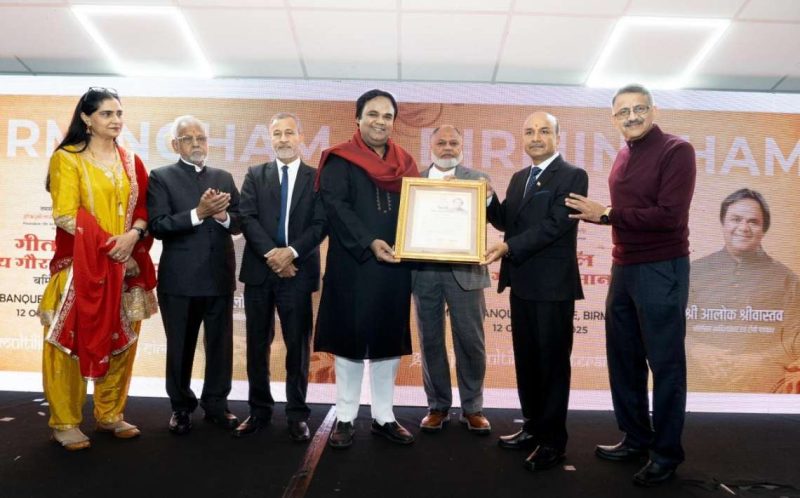Sleep experts list two things that matter a lot when it comes to understanding what kind of music helps a person in falling asleep – individual preference and tempo…writes Prakriti Poddar
Listening to music at bedtime can help in slowing down our heart rate and breathing, and in bringing down levels of stress hormones, easing us into the sleep mode
A good night’s sleep is a vital component of holistic wellbeing, providing a strong foundation for our physical, mental, and emotional health. And yet, roughly 62 percent of adults globally feel that they don’t sleep well at night. This epidemic of sleep deprivation is fueling a growing global industry of sleep technology and aids. A recent report pegged the global sleep tech devices market at USD 15 billion in 2021 and is expected to grow to USD 67 billion in 2030.
But don’t lose sleep over this, help is hidden in your playlist.
Science says, to tune in to tune out
A growing body of research is demonstrating how listening to calming music improves sleep by inducing favourable responses such as reduced anxiety, lowered blood pressure, slower breathing, and lower heart rate. In fact, research shows that music stimulates the entire brain including the parasympathetic nervous system which signals the body to rest, relax and sleep.
A meta-analysis of ten different research studies involving a total of 557 participants came to the same conclusion, stating that music is effective at helping sufferers of both acute and chronic sleep disorders get better sleep.
But what kind of music helps us sleep?
Slow tempo, fast asleep
Sleep experts list two things that matter a lot when it comes to understanding what kind of music helps a person in falling asleep – individual preference and tempo.
A person’s individual choice in music is a vital factor in determining how the music will affect him/her. So, create a customized playlist that includes songs that have helped you fall asleep in the past or have helped you relax.
Tempo refers to the speed at which the music is played and is often measured in beats per minute (BPM). Some scientists hypothesize that since the human heart normally beats between 60 to 100 BPM, listening to music with a tempo in the range of 60-80 BPM may help in sync with the body’s own rhythms, thus, helping us unwind, relax and fall asleep. But of course, this doesn’t apply to everyone.
Sleep is highly personal and so are music preferences. Some people may experience relaxation – slower breathing and heartbeats – by listening to heavy metal or hard rock. “So, whether it’s hard rock or heavy metal or Bach, find what makes you feel relaxed in your body and what helps you get out of your head,” says Vago.
Tapping into the brain’s rhythm for sound sleep
As it happens, there’s plenty of music in the human body. Just like the heart, the brain too has its own rhythms and certain rhythms are best suited for sleep. Cognitive neuroscientist and RoundGlass Research Lead, David Vago, PhD, says that alpha waves, which are around eight to 12 hertz, are what you would see in the brain of someone quietly relaxed, perhaps lying in the bed with their eyes closed. (Also, coincidentally, during meditation.) If you’re searching for music to help you fall asleep, Vago suggests looking for songs that can activate that alpha frequency. How do you find such a piece of music without actually measuring brain waves? The answer lies in listening to your body. Be mindful of what your body is telling you by drawing your attention to your heartbeat, breath and emotional response and how they change on listening to music.

Using technology to sleep better
When it comes to sleep, technology is a double-edged sword. It can inhibit rest as well as enable it. If you have to use your hand-held device at bedtime, use it to sleep more soundly. There are plenty of well-being apps that offer curated sleep playlists and bedtime stories that will help you drift into a restful slumber. Make them a part of your sleep hygiene to sleep better, optimize your well-being and lead a healthier and happier life.
(Prakriti Poddar is Global Head, Mental Health and Wellbeing, RoundGlass, a global Wholistic Wellbeing organization where she is actively involved in creating an integrated platform for Wholistic Wellbeing.)
ALSO READ-Are you sleeping on time?














